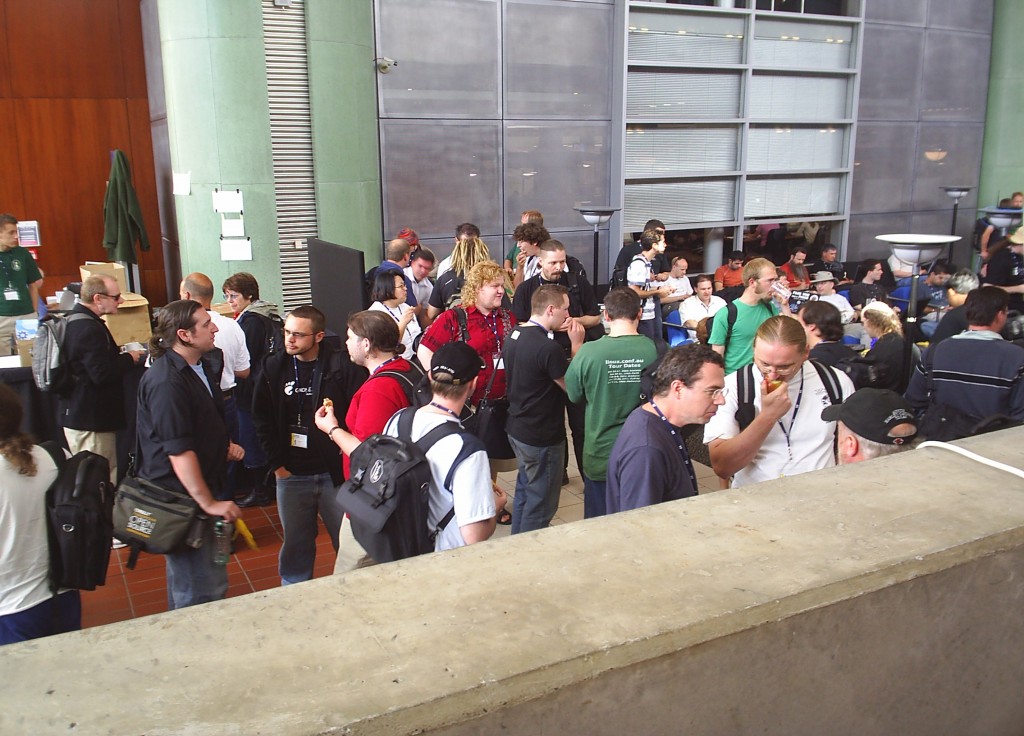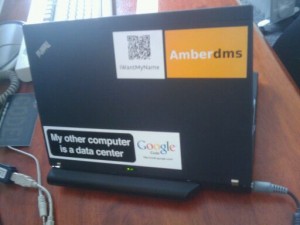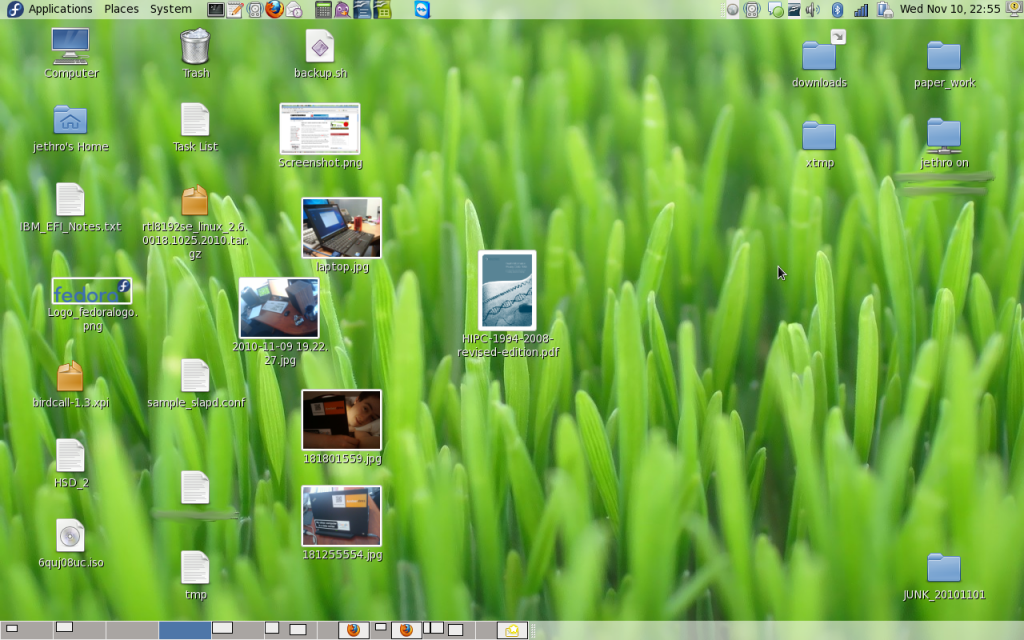Now that the immediate quake issues are being addressed, attention is being turned to how New Zealand is going to fund the repair to Christchurch.
There’s discussions about introducing new taxes, re-introducing student loan taxes and of course there’s likely to be an increase to our existing earthquake levy and building insurance.
I have a few immediate thoughts on this:
- Student Loan Interest: Just about the worst possible idea I’ve ever heard, introducing tax on student loans will mean that more students will want to leave NZ for better wages overseas – we want to RETAIN talented youth in NZ.
- Earthquake Levy Increases: What’s happened to the fees that we’ve been paying out for the past 50 or so years? Surely there should be a nice pile of money available for a disaster such as this? Or has the government been spending it all and not retaining it like it should?
- New Taxes: I’m wary of new taxes being introduced for specific events, we should have factored our taxes to factor in for a disaster like this once every 100 years or so – if we need to adjust, so be it, but it should be transparent.
There’s also the tricky question of how do we encourage and help Christchurch rebuild? It’s going to be very interesting to see how much of the population leaves the city for other areas, there have already been stories of families planning to move out permanently.
In some ways there could be a good opportunity to build Christchurch up again, by trying to encourage younger people and businesses to the city to replace those who are leaving – I’m expecting land and house values to drop, which will make buying there more attractive for younger people with less money – assuming there is good work available.
And how do we go about encouraging business and employers to get started? My suggestion is that the NZ government cuts taxes almost entirely for any business of less than 25 people in Christchurch region for an entire year and make low-interest loans available to businesses.
This is a big step, it would cost a lot of money, but consider this:
- Large wealthy companies that can afford to keep on going, will do so, the government won’t be propping up the large international corporations or anything.
- Young and small hard hit existing companies will lose a lot of pressure and be able to focus on rebuilding business and getting started again without worrying about how bills are going to get paid.
- The loans will allow them to get a quick cash injection to rebuild and get running – every week that a company can’t bill is a huge impact and many small businesses will go broke without a bit of cash investment to help them out, which would be a terrible loss.
- It will encourage people starting new business to consider Christchurch – for example, anyone doing an IT startup will consider “hey, we can located in Christchurch and get some big savings, why not?”. This is less of an immediate benefit, but long term could pay off hugely for Christchurch region, by encouraging growth in a city that people might otherwise decide to avoid.
I don’t claim to be an economist, this is my opinion based on what I’d like to see if I was running a small business in Christchurch and what would encourage me to keep at it after a disaster like this.
It’s not going to be cheap, but nothing about this disaster is going to be cheap – best if we can do something than ends up kick starting and enabling Christchurch to rebuild and grow itself, than losing lots of businesses and suffering more economic impact in future.







